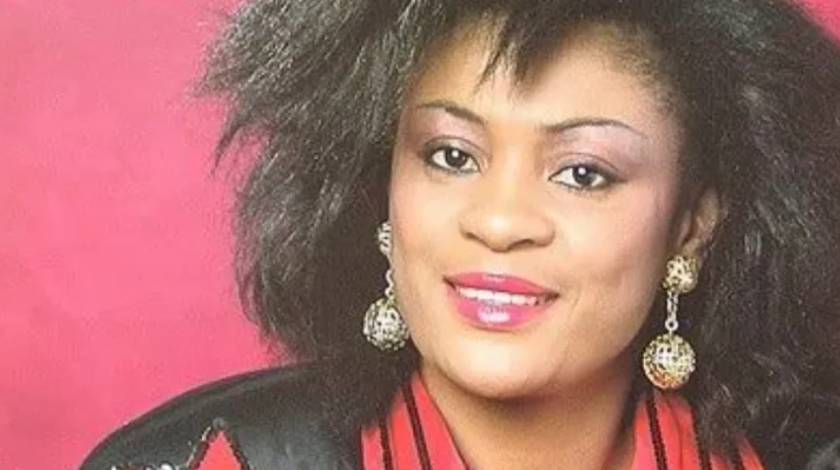Shimbo Pastory
This article was published in The Citizen Newspaper – Tanzania on 13th of December, 2022
As generations evolve, art tends to evolve as well. The different tributaries of art are all affected differently. Some changes will pass for growth or improvement while others will easily be seen as regress.
With ease of technology, artists do not necessarily need to be as keen, original, and artistically skilled as they would need to be years ago when there was little or no possibilities of embellishment.
It is very difficult today to grade the actual performative strength of an artist, because most artworks, spread across all genres, are not pure reflections of capability or insight of the artists. In that discourse music is not left out.
I recall watching an interview of one of the legendries of rhumba music in Tanzania, it has been a while I cannot recall his name. He was narrating how the whole band used more than 24 hours to record a song.
This was because all vocals and instruments were to be done perfectly at the same time, and any mistake will mean starting all afresh as there was no other way of correcting it.
They all kept awake for long hours of day and night in the music studio because it was not easy to play a 9 minutes song without one person making a mistake. In their case, necessity made them to sharpen their skills as there was no way around it.
It is saddening that a legend Tshala Muana has gone before us. The beautiful music she left behind is her legacy.
Comparatively, alongside her African contemporaries, they will collectively win with so much ease the lyrics tug-of-war against the modern musicians and Tshala Muana will not but be among the outstanding lyrics recipes of all time.
Why? Because she composed to entertain, to teach, and to tell good life stories to the audience. It is always gratifying when we are able to relate our life to the artworks we come across, be they paintings, literatures, or even music.
While some of her songs were translated, they became even more appealing as the stories were not distanced from the lives of the listeners and the lyrical composition reflects morals and class.

While modern African music industry has pushed a step ahead in terms of the quality of production: videography, choreography, audio enhancement, to mention a few, there is a regress in terms of quality of lyrics.
There are songs we listen to and wonder why they were sung in the first place as they do not communicate anything. We see our music industry becoming a machine based or instrumental music industry where words do not really matter, even though they should.
The volume of production is also so big that the focus is in merchandising the songs. So many songs released especially by our upcoming and popular artists sound alike, and could be played at the same time and minimal difference will be noticed. This is pushy production, like someone saying, ‘Come sun, come rain, I must produce a song’ regardless the quality.
While in terms of theme, a borrowed western understanding of love and romance has corrupted the formation, impression as well as expression love in our popular music, we find there is a hollow in diversifying it as it is unreal and it has no roots in our conventional societal philosophy.
Tshala Muana creates a very romantic atmosphere in her lyrics of songs like ‘Karibu Yangu’ with no use of vulgar words or sexualized imageries.
That is an indicator that it is possible to compose songs with normal words, and tell normal stories that will entertain people just in the same way.
Across African cultures, love is not linked to unnecessary verbal expressions of nudity and proverbial allusions of sex organs or acts under the cover of ‘creative use of language’.
But these have found their way in the lyrics of modern songs, and have grown roots. Some of our popular artists have taken this as their style and trademark.
Emphasizing on rooting music within the precincts of our cultures is uncalled for as we are gradually evolving into the widely mixed global culture.
Besides, the artists are trying their best to represent the African cultures in videos. But it is worthwhile having our ideology and philosophy represented in the art we produce.
In general, art is a legacy for the future generations. As such, the educative part of popular music should not be forgotten, as it is very crucial.
At the moment there is a risk of leaving behind for the generations to come poor quality lyrics that mean nothing. What are they going to produce with such lyrics as samples to learn from?